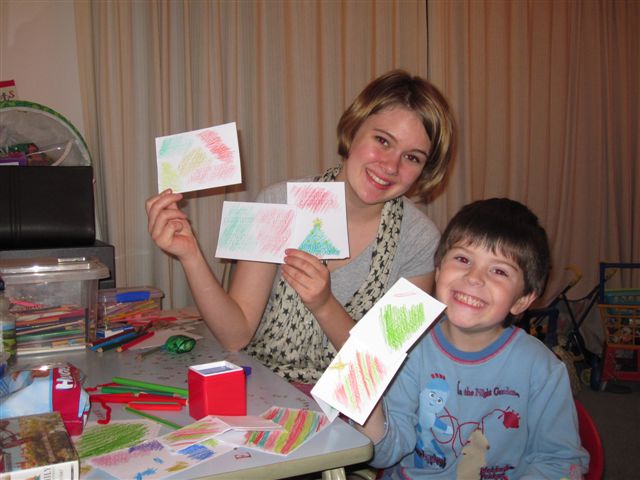
As my kids get older...I'm seeing more vividly the results of parenting choices, not just in them, but in their more conventionally parented peers, as well. Generosity begets generosity.
—Caren Knox
photo by Rippy Dusseldorp






| I've seen a difference in motivation in teens who have been nurtured and whose parents were not adversarial with them. If money means love, a needy person will want more money. If money is a tool like a hammer, or a substance like bread or toilet paper—necessary for comfort, and it's good to have extra—then it would make no more sense for them to spend all their money than it would make to throw a hammer away because they had already put the nail in the wall, or to unroll all the toilet paper just because it was there. If the parents have been generous, many other problems are averted. |






